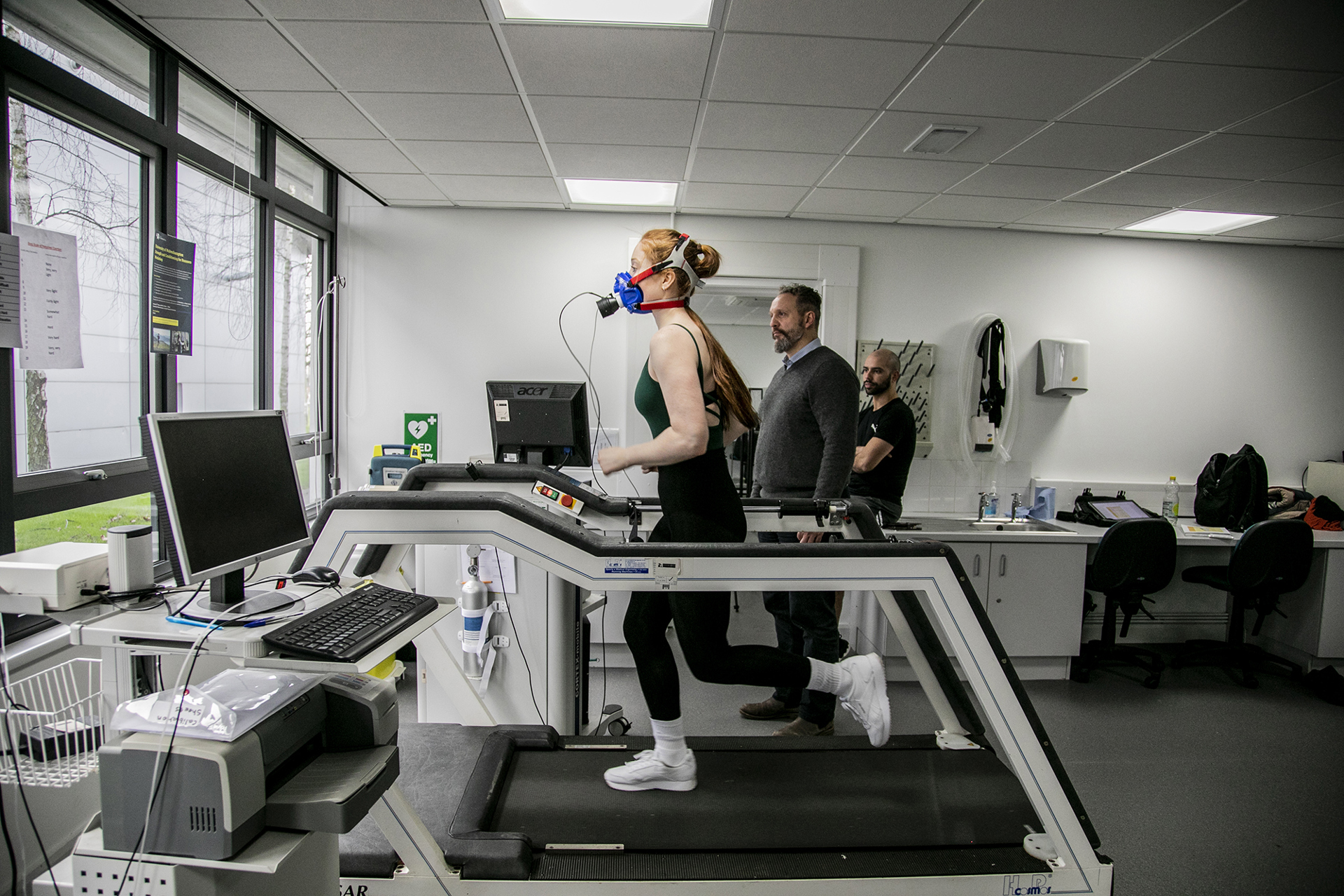Project summary:
My name is Maria Kolitsida and as part of my PhD project, I am exploring dance students’ understanding and experiences of self-harm, as well as investigating different factors that may relate to self-harm in private school dance students in the United Kingdom.
The University of Birmingham in collaboration with One Dance UK and the National Institute of Dance Medicine and Science (NIDMS) are conducting research to support dance teachers in private dance schools to respond to safeguarding concerns around self-harm in their students.
Our research has already highlighted that dance teachers are seeing an increase in the number of students who self-harm and need additional guidance and education for responding to self-harm in private dance education.
Thus, this two-fold research project aims to:
- Understand more about self-harm in dance students (i.e., what proportion of students self-harm and how/why they may self-harm).
- Investigate the best way of providing education to dance teachers about self-harm by pilot testing an educational workshop on self-harm for private dance schools.
Research Setting:
If you decide to take part in the study, you will be asked to sign a consent form. Before attending the workshop, you will then be asked to fill in a short questionnaire asking you about your pre-existing understanding of self-harm. This should take less than 5 minutes to complete.
After attending the workshop, you will be asked to complete a questionnaire, asking you to rate your knowledge and understanding of self-harm following your workshop attendance. You will also be asked to rate your experience of attending the workshop. Finally, you will be asked to give some basic details about yourself like your age, gender, and your role in private dance education. This should take less than 10 minutes to complete.
Should you wish to, you are free to refrain from answering any of the questions in the questionnaires. All questionnaire responses will be kept in either a locked cupboard at the University of Birmingham or on the University’s secure network drives until the analysis is completed and only the research team will have access to them.
Dance teachers and support staff in private dance schools will have the opportunity to take part in a workshop on self-harm. They can provide feedback on the workshop through a short survey to help us understand how to best provide educational resources on self-harm for those in private dance education. For more information or to take part in the workshop, please contact Maria Kolitsida at MXK029@bham.ac.uk
Confidentiality and ethical approval:
This research will be confidential. No one outside the workshop will know that you have taken part in this research. No one outside the research team will be able to link any of your data back to you. To protect your identity, where direct quotes of what you have mentioned in your responses are included in publications or presentations of the research, these will not contain any information that could identify you or anyone else. Any identifiable information of yourself or those you mention will be removed from the questionnaire responses when these are stored electronically on the University’s secure network drives. All data will be handled in line with the General Data Protection Regulation (GDPR) (2018).
Inclusion Criteria:
Any private dance school staff between the ages of 18-65 who have taken part in the self-harm psychoeducation.
Benefits to the participant:
By sharing your experiences of the workshop with us you will help us better understand the effects of providing psychoeducational workshops on self-harm for dance school staff. This should help inform our understanding of the types of education that dance school staff benefit from the most around self-harm, and mental health more broadly. There is no risk to your taking part in the study, outside those you would experience in everyday life. Nonetheless, there is a risk that you may find answering questions on self-harm, upsetting. If this occurs, you do not need to answer the question. You may also choose to pause or completely stop your participation at any point. Any decision you make will be respected and resources are available at the end of this information sheet if you need additional support.
Contact details for the researcher:
Name: Maria Kolitsida
Email: MXK029@student.bham.ac.uk





